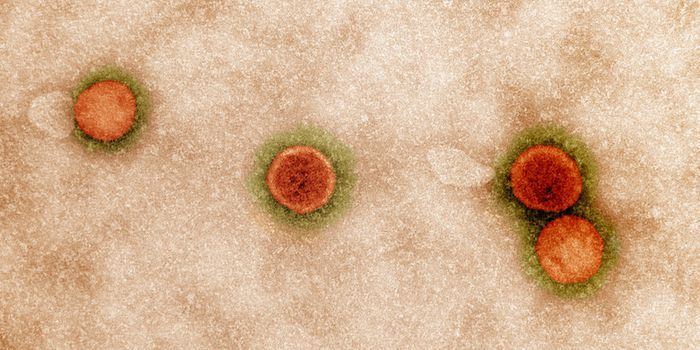From our genes, our body makes proteins, which help make tissues and other structures, and carry out many cellular functions necessary for life. Now a team of researchers has created a genetic map of human proteins. The aim is to connect the proteins in our blood, called the blood proteome, with associated genes. This atlas is freely available online for researchers, hopefully, to advance the study of human health and disease. The work has been reported in the journal Nature.
"Compared to genes, proteins have been relatively understudied in human blood, even though they are the 'effectors' of human biology, are disrupted in many diseases, and are the targets of most medicines," noted the senior author, Dr. Adam Butterworth of the Department of Public Health and Primary Care at the University of Cambridge. "Novel technologies are now allowing us to start addressing this gap in our knowledge."
It had been challenging to measure proteins in blood, which made it difficult to know the origin and function of those proteins. Using a technique called SOMAscan (which is described in the video), this work has now linked around 2,000 genes with nearly 1,500 proteins.
Proteins were measured in blood that had been collected from 3,300 individuals; then the researchers used the DNA from those participants to connect regions of their genomes with protein levels.
This atlas can guide disease researchers to biological pathways that are relevant to illness. In their report, the researchers were able to find the pathways that are involved in eczema and Crohn’s disease, for example.
"Thanks to the genomics revolution over the past decade, we've been good at finding statistical associations between the genome and disease, but the difficulty has been then identifying the disease-causing genes and pathways," said author Dr. James Peters. "Now, by combining our database with what we know about associations between genetic variants and disease, we are able to say a lot more about the biology of disease."
It was found that several variations of a gene could be influencing the level of one protein. The scientists gave each protein a score based on the gene variations that could impact its levels; that revealed new connections between proteins and disorders. In one example, a protein associated with lung disease, MMP12, was discovered to also link to heart disease. High levels of MMP12 have been connected to lower lung disease risk, but for heart disease and stroke, the opposite is true. That information could be essential to drug developers.
This work could be instrumental in drug development. It provides new information about how proteins are associated with disease.
"Our database is really just a starting point," added first author Benjamin Sun, from the Department of Public Health and Primary Care. "We've given some examples in this study of how it might be used, but now it's over to the research community to begin using it and finding new applications."
"Although our DNA provides our individual blueprint, it is the variations in the structure, function and amount of the proteins encoded by our genes which determine our susceptibility to disease and our response to medicines,” said Professor Metin Avkiran, Associate Medical Director at the British Heart Foundation. “This study provides exciting new insight into how proteins in the blood are controlled by our genetic make-up and opens up opportunities for developing new treatments for heart and circulatory disease."
Sources: AAAS/Eurekalert! via University of Cambridge, Nature









